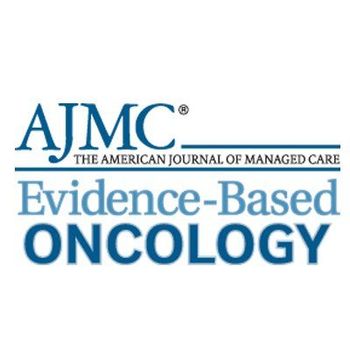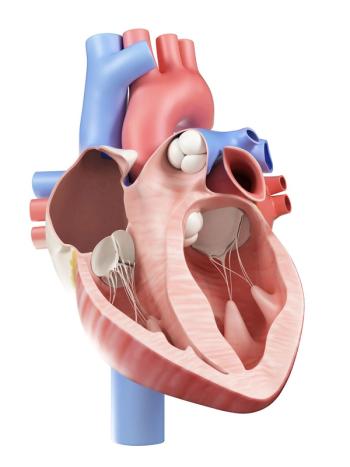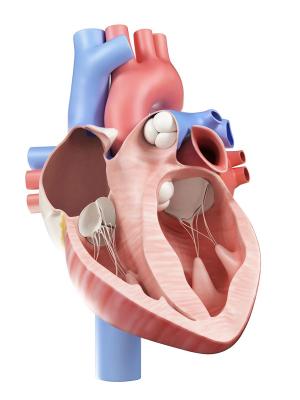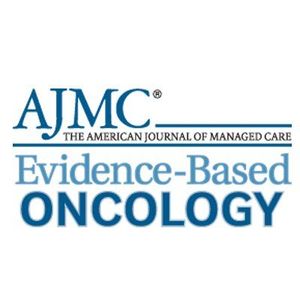
Exciting new and ongoing developments in chimeric antigen receptor (CAR) T-cell therapies were covered at the 62nd American Society of Hematology (ASH) annual meeting.

Exciting new and ongoing developments in chimeric antigen receptor (CAR) T-cell therapies were covered at the 62nd American Society of Hematology (ASH) annual meeting.

During ASCO, Janssen presented results from the CHRYSALIS study on amivantimab, a bispecific antibody being developed to treat non–small cell lung cancer (NSCLC). The pharma giant, along with its parent company, Johnson & Johnson (J&J), had previously received a breakthrough therapy designation in December for teclistamab, another bispecific antibody indicated for potential treatment of multiple myeloma.

Mantle cell lymphoma is a type of B-cell non-Hodgkin lymphoma with a typically poor prognosis. Even with an allogeneic stem cell transplant, patients can become resistant to chemotherapy. Most do not survive 4 or 5 years after diagnosis, and the 10-year survival rate hovers between 5% and 10%.

Health-related quality of life (QOL) improved in 54% of patients 18 years or older with relapsed/refractory diffuse large B-cell lymphoma (R/R DLBCL) after therapy with tisagenlecleucel (Kymriah; Novartis), one of 2 FDA-approved chimeric antigen receptor (CAR) T-cell therapies. The patients’ general health, vitality, physical function, and social function improved the most.

Chimeric antigen receptor (CAR) T cells are a patient’s own, harvested and reengineered to attack specific malignant cells. They were initially developed using knowledge gleaned from allogeneic stem cell transplants: that donor mature immune cells can attack healthy cells in the recipient patient.

Reviews of apixaban in active cancer, Medicare costs after CAR T-cell therapy, and the need for financial assistance for novel therapies.

Chimeric antigen receptor (CAR) T cells are lymphocytes genetically engineered to recognize and bind to specific proteins on cancer cells. Studies are currently underway for applications in other fields.

Published: February 26th 2020 | Updated:

Published: July 22nd 2020 | Updated:

Published: December 13th 2019 | Updated:

Published: January 21st 2020 | Updated:

Published: January 20th 2021 | Updated:

Published: January 30th 2020 | Updated: